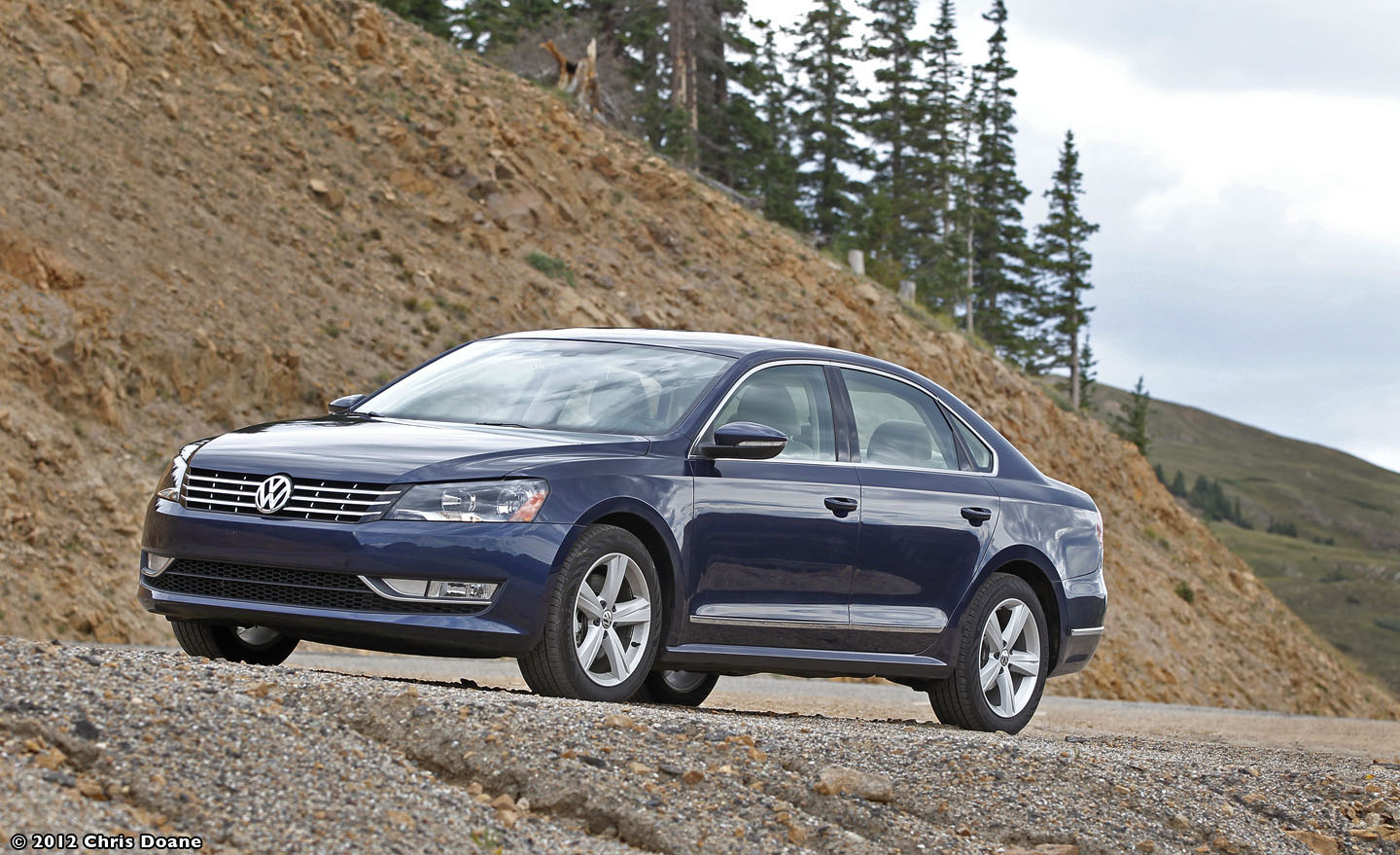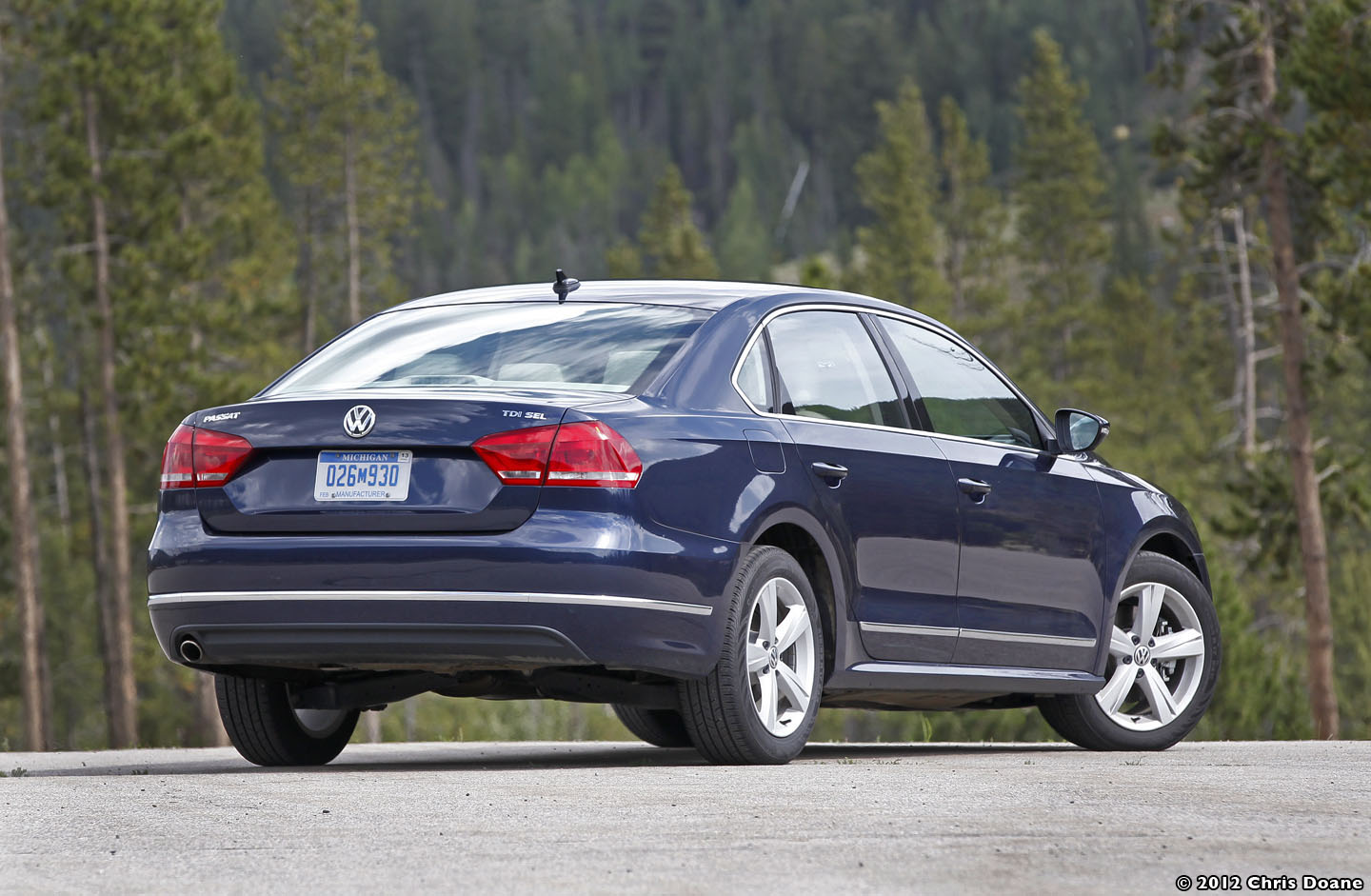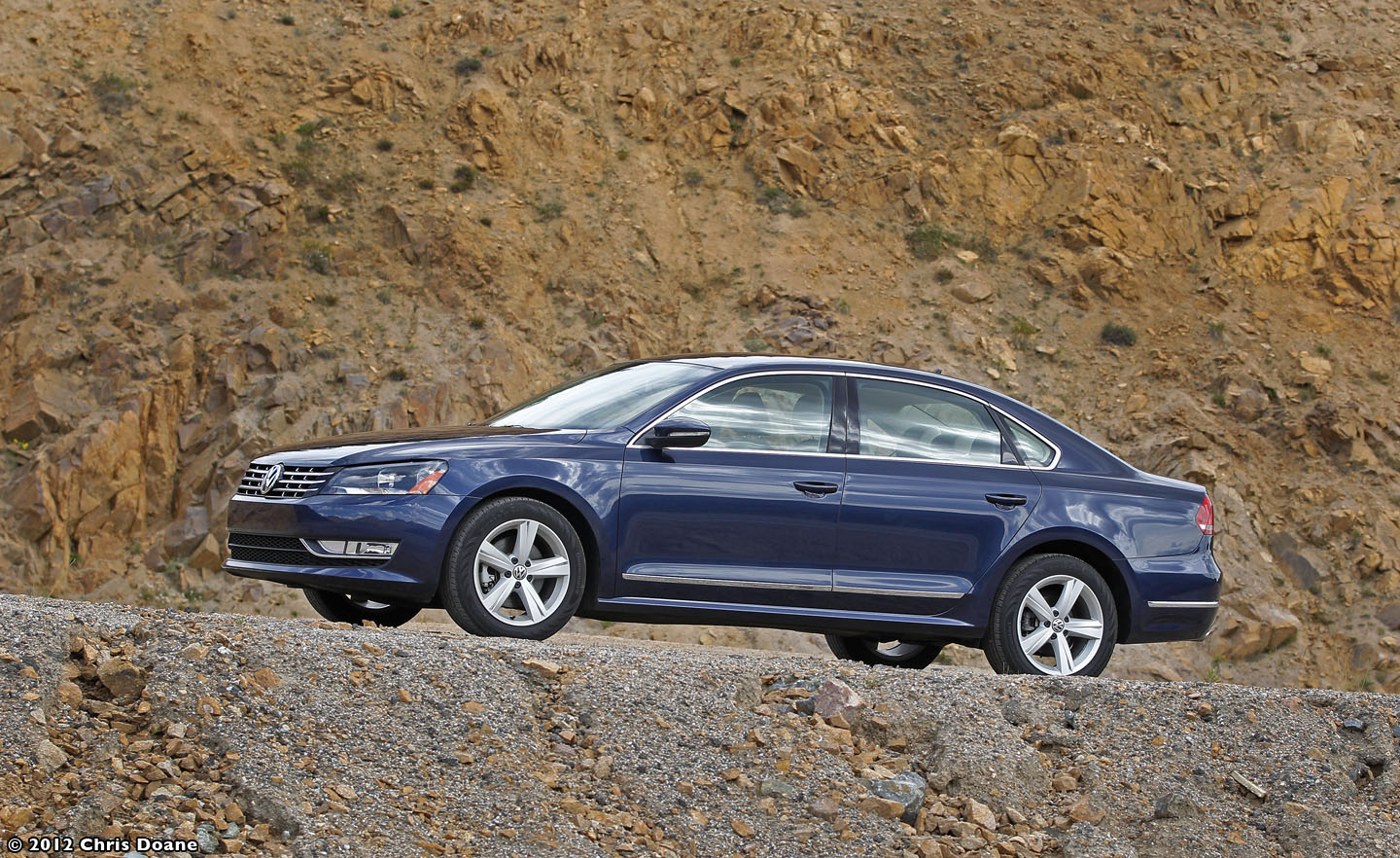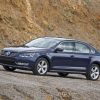By Chris Doane
January 7, 2013
It’s midweek and I’m cruising down the interstate when I come up behind one of the Passat TDI’s diesel brethren from a few decades prior: An early 1980’s Mercedes 300D.
The tortured Benz was loud, emitting a smoke screen, and judging from its’ lack of ability to pass a semi-truck, the non-turbocharged 300D. A quick look at the trunk lid badging confirmed that.
Back in the 1980’s, I’m not really sure what the appeal of the 300D would’ve been. Gasoline was around $1.20 a gallon and luxury buyers wouldn’t have thought twice about filling up at that price. The 300D had 83hp, 120 lb-ft of torque, and without the turbocharger, looked to have “John Deere” acceleration qualities. Fuel economy usually fell between the high 20’s and low 30’s.
As it turned out, the biggest redeeming quality, realized years later, was that the diesel motors in the 300 were built to be absolutely bombproof. The first 100,000 miles on these motors was simply the break-in period. These days, Mercedes 300D’s reaching half a million miles, or more, is not uncommon. The one I saw looked as though it might be past the half-million mark, but there it was, still going. Well, sort of.

Pulling my mind back into the cabin of the Passat TDI, the contrast is pretty stark. I’m driving at a casual 72mph, and the car isn’t even breaking a sweat, humming along at 2200rpm. No diesel racket, no smelly gray cloud, no lack of ability to pass at highway speeds.
Thirty years of diesel technology advancements had now turned a car that roared, coughed and smoked into a sedan that behaved like all the rest and sipped diesel at a minuscule rate.
Same, but different
Walk onto a Volkswagen dealer lot, and the only real visual cue to tell the diesel Passat apart from the gasoline model is “TDI” badge on the back.
Once you pop the hood, you’ll be face to face with the TDI’s biggest change: The 140hp, 2.0L four-cylinder turbo-diesel engine. As with all diesels, it’s the 236 lb-ft of torque that really gives the Passat TDI its’ oomph.
Past the different power plant, the other significant change is waiting for you in the trunk where the urea filler spout is located. Urea, or AdBlue as VW dubs it, is a liquid that is injected into the exhaust, greatly reducing the terribleness of diesel exhaust and allowing the car to meet U.S. emissions regulations. That might sound like an added hassle, but one tank of urea in the Passat should last you 10,000 miles, and is timed to be part of your regular oil changes.
If the urea tank does happen run low, as it did during my week with the Passat, the car gives you somewhat of a stern warning, but it comes well in advance of the urea tank going dry. With 800 miles of urea range remaining, the warning light advised the engine would not be able to start once the tank was empty.
The good news is a gallon of urea cost me only $6.99 at a local auto parts store and took all of three minutes to buy and pour into the tank. If you can’t manage to do that within 800 miles, the problem might be sitting in the driver’s seat.

Both the diesel and gasoline-powered Passats feature a smooth shifting, 6-speed DSG transmission. You’ll barely feel the first two shifts, and you’d have to have your eyes glued to the tachometer to know the cogs are swapping once you’re into third gear.
MPGs
The Passat TDI is a pretty purpose driven vehicle. It’s meant to be a comfortable, mid-size cruiser that gets phenomenal fuel economy, and it reaches those goals with ease.
The interior feels quite large, front and back, and the materials have not been cheapened in the way that the Jetta’s have. While I’m still pretty sure the only people fingering the dashboards are automotive writers, if you feel the need, you will find it’s fairly soft. More importantly, the 8-way power seats are “drive all day” comfortable.
The most impressive part, and the reason you’ll buy this sedan, is the fuel economy. With the automatic transmission, the EPA says the Passat will get 30mpg in the city and 40mpg on the highway. However, that’s not really accurate.

One of the quirks with diesel engines is that it takes longer for them to break in than gasoline motors. 10,000 miles is usually the number most TDI aficionados use for a good break in period. During that break in period, the piston rings in the engine will become better seated and the compression in the engine will improve. The end result of that is even better fuel economy.
The Passat I drove had nearly 17,000 miles on it by the time I slid behind the wheel, so this diesel engine should’ve been operating much closer to its full potential than a brand new engine. Much of the driving I did was on hilly roads, and with a less-than-light foot. Despite that, the Passat still averaged 42-44mpg. That’s 2-4mpg above the EPA highway rating while driving like a teenager who’d just got his license and the keys to dad’s car.
Once I eased off the throttle and returned to a regular pace, the mpg started creeping towards 50mpg. Use the cruise control for all your highway driving, and a mileage number just past 50mpg wouldn’t be out of the question.
On the downside, the Passat’s fun factor rates somewhere around “mashed potatoes.” The suspension is tuned much more for comfort than it is for cornering. There is a decent helping of body roll in the corners, and over large bumps, or rough road, the Passat can feel downright floaty. That’s great if your mom is in the passenger seat, but not so good if you want to go hunting for the corner apex.
Additionally, the turbo lag is pretty noticeable. Floor the accelerator, and for the first two seconds, not much happens. That can make jumping out into traffic from a dead stop a pretty interesting gamble. Once the turbo is spooled up, power delivery is adequate.
The Highway Choice
In the end, I can forgive the Passat TDI for not being a sport sedan because that just isn’t what it’s supposed to be. In the same way that a hybrid or electric car makes sense for city drivers, this VW makes huge sense for people who spend most of their commute on the highway.
Unfortunately, a fun-to-drive diesel doesn’t really exist in the U.S. market yet, but a midsize sedan that can achieve 50+ mpg can’t be ignored. Going out to the car the next morning and thinking “didn’t the fuel gauge say that yesterday morning?” was certainly not a bad feeling.
2012 VW Passat TDI SEL
Base price - $32,915
Destination - $795
Total = $33,710
Album: 2012 Volkswagen Passat TDI
6 images
0 comments




-3707742431.jpg.06edf8e14f4ccf35c60d4774a543cc11.jpg)



Recommended Comments
Join the conversation
You can post now and register later. If you have an account, sign in now to post with your account.
Note: Your post will require moderator approval before it will be visible.